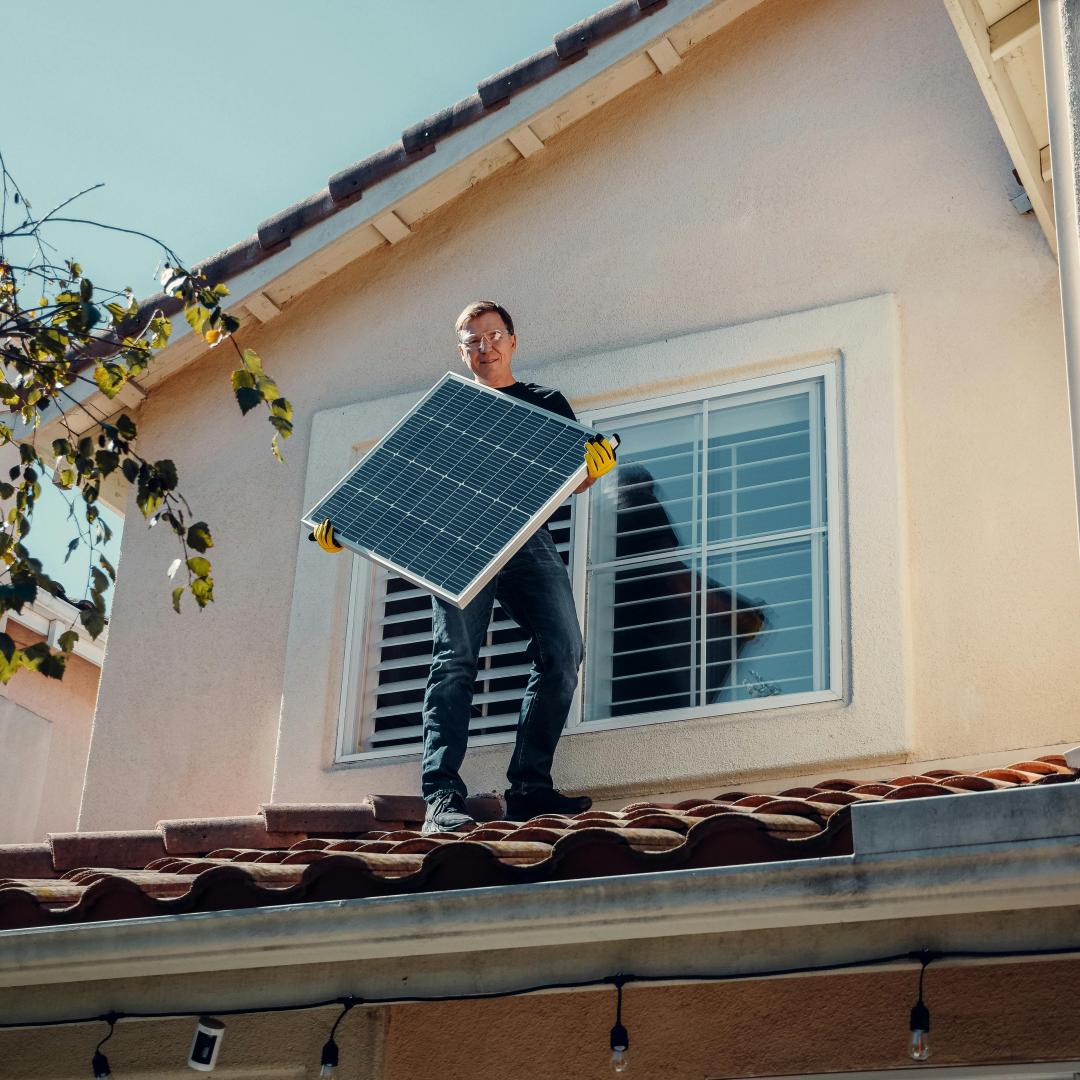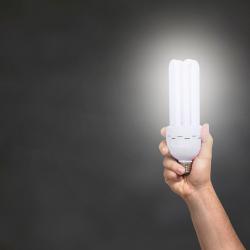Solar Energy for Beginners: How to Power Your Home Sustainably
Solar energy shines as one of the most accessible and eco-friendly alternatives. Harnessing the power of the sun not only reduces your carbon footprint but can also shrink your energy bills significantly. If you're a beginner considering taking the plunge into solar energy, this guide will walk you through the fundamental aspects of powering your home sustainably with solar energy.
Understanding Solar Energy
At its core, solar energy is the conversion of sunlight into electricity. This is achieved primarily through solar panels composed of photovoltaic (PV) cells, which capture sunlight and transform it into electric power. This clean and renewable energy source is abundant and can significantly reduce reliance on fossil fuels.
Why Go Solar?
-
Environmental Benefits: Solar energy is a green alternative, producing no harmful emissions. By switching to solar, you help decrease greenhouse gas emissions and lessen the dependency on non-renewable energy sources.
-
Economic Savings: While the initial investment can seem steep, solar panels typically pay for themselves over time through reduced electricity bills. Moreover, many governments offer tax incentives and rebates to offset installation costs.
-
Energy Independence: Solar panels can provide a reliable source of energy, reducing your dependence on the grid and making you less vulnerable to energy price fluctuations.
-
Increased Home Value: Homes equipped with solar energy systems often witness a boost in market value, attractive to eco-conscious buyers.
Getting Started with Solar Energy
-
Assess Your Energy Needs: Begin by evaluating your average energy consumption. Examine past utility bills to determine how much electricity you use monthly. This will help size your solar power system accurately.
-
Evaluate Your Home’s Solar Potential: Not every home is equally suitable for solar panels. Factors like roof orientation, slope, and shading from trees or nearby buildings can impact efficiency. You might require a professional solar assessment to determine your home’s solar viability.
-
Explore Financing Options: The cost of a solar power system can vary widely based on size, location, and technology. Look into financing options like solar loans, leases, or power purchase agreements. Investigate any available government incentives, which can significantly reduce upfront costs.
-
Choose the Right System: There are several types of solar systems, including grid-tied, off-grid, and hybrid systems.
-
Grid-tied systems: These are the most common, allowing you to draw from the grid when the sun isn’t shining and excess power can be sold back to the grid.
-
Off-grid systems: Independent systems that require battery storage to ensure energy availability during cloudy days or night-time.
-
Hybrid systems: Combine features of both, connecting to the grid but also having battery storage.
-
-
Installation and Maintenance: Once you've chosen a system, find a reputable installer. A professional installation ensures safety, efficiency, and compliance with local regulations. After installation, solar panels require minimal maintenance—usually just occasional cleaning and inspections to ensure they function optimally.
Maximizing Solar Efficiency
- Monitor Your System: Many modern systems come with monitoring apps to track performance and energy production in real-time.
- Energy Conservation: Complement solar energy use with energy efficiency practices—such as using LED lighting, efficient appliances, and smart home devices—to maximize savings.
Getting Involved in the Solar Community
Consider joining local solar energy groups or forums. They can offer valuable support, tips, and updates on the latest solar technology and policies.
In Summary
Switching to solar energy is a significant step towards sustainability and energy independence. With many resources and options available, becoming knowledgeable about your particular needs and possibilities is vital. As the technology evolves and becomes more affordable, solar energy represents not just an ethical choice, but a practical one for homeowners seeking to make a positive impact on the environment while enjoying long-term economic benefits. Embrace the sun's potential, and power your home sustainably, starting today.






















